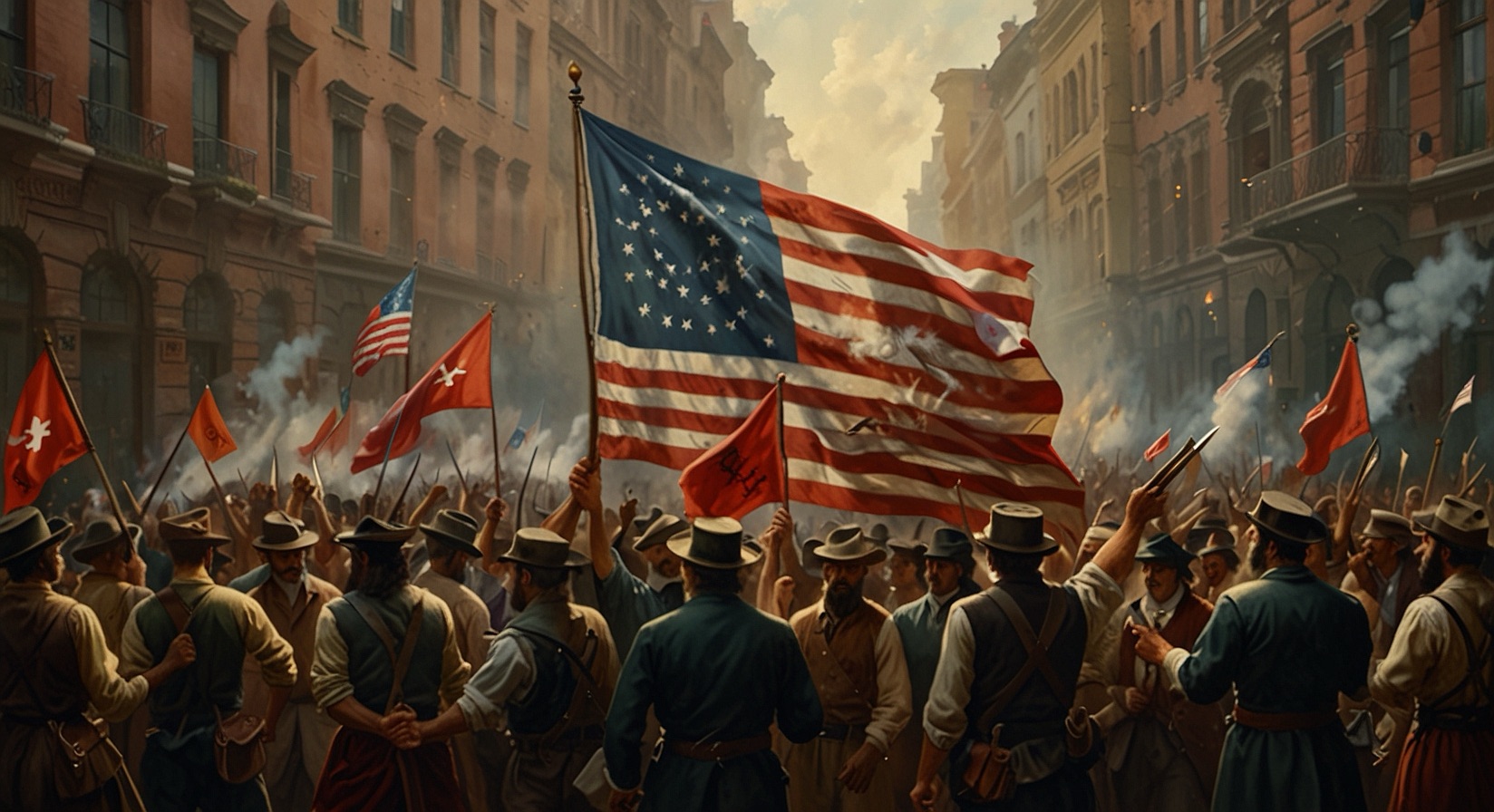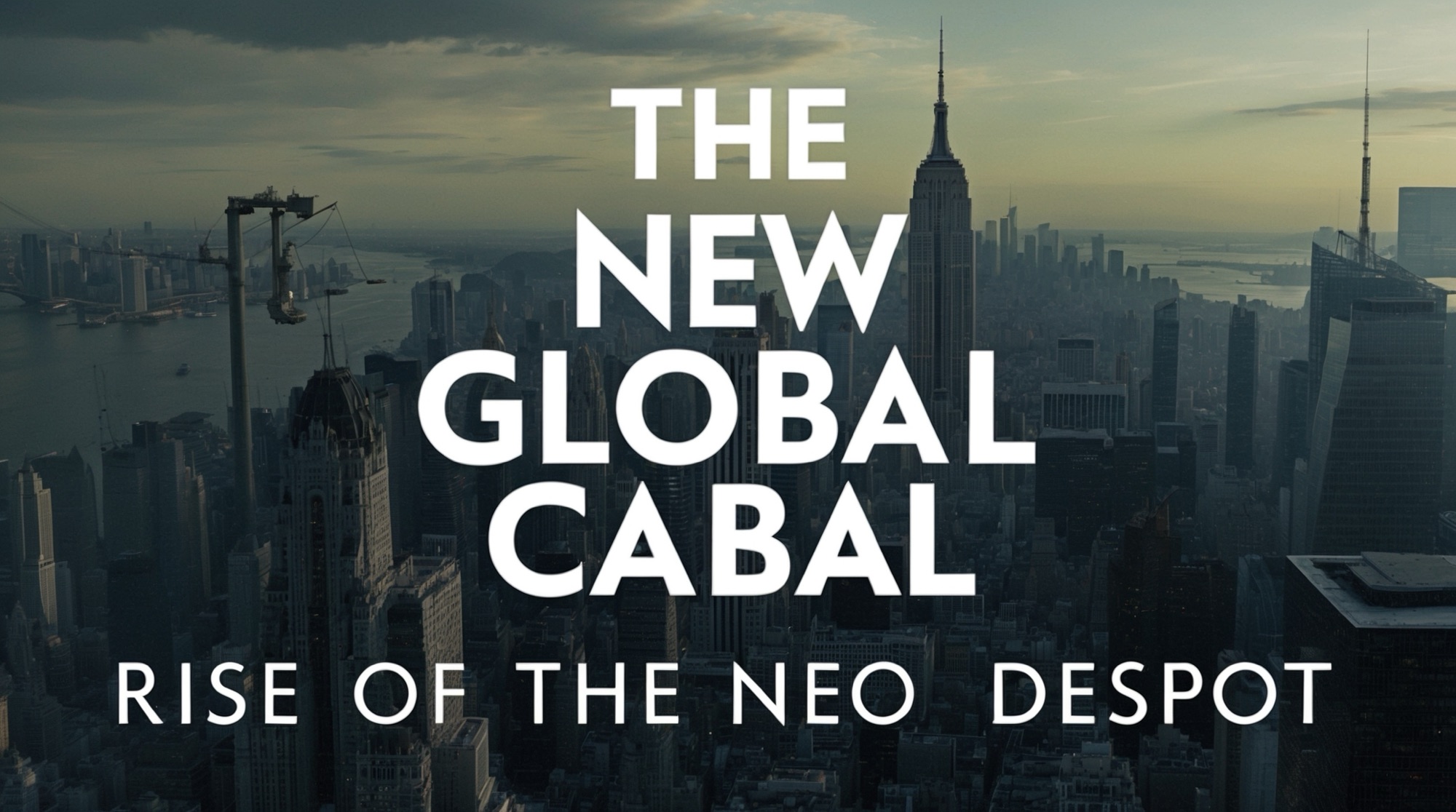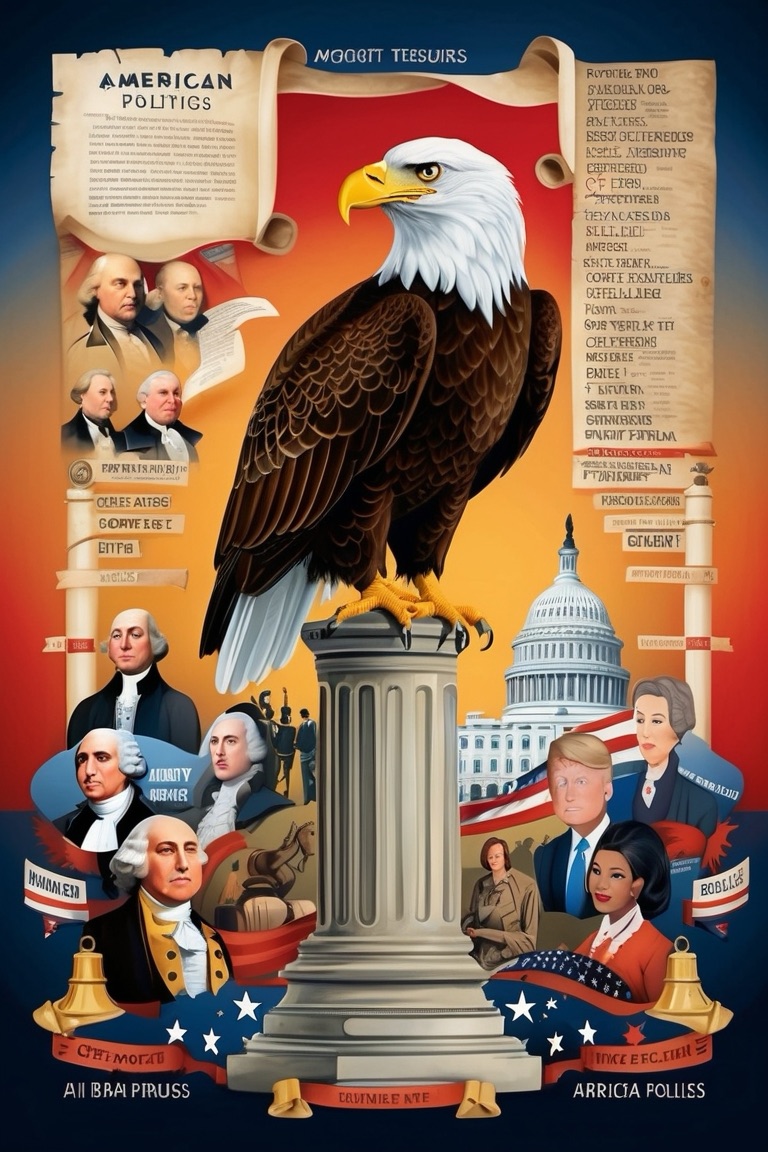Recapitulation
You can read Part 1 here, Political Factions Old, New and Coming to a Neighborhood Near You. So, as a quick recapitulation “recap” the main stream parties were given attribute by their own party platform literature in Part 1. And those two main parties, for those who do not know, are the Democrats and the Republicans. Further, there is a brief discussion about color revolution and modern factions who have had various degrees of successes with color revolution tactics in the Untied States. Part 2 moves us into a discussion about what political factions are not and into other groups that exists which operate to cause slow-to-come deep and lasting changes to society. Thus, to add a bent spoke to this information wheel and to base down, when politics and religion fail as a system of statesmanship factions are the middle layer of the shit sandwich:
1. war as the most extreme form of social change by direct and immediate eradication of a society as an enemy.
2. One layer up is color revolution and one step down from open warfare but likely regional and contained by projecting national power to cause quick change but with less destruction of life and property as open war.
3. Clubs, fraternal organizations, societies / foundations, non-governmental organizations are aristocratic means of change which drive long term but slow progress towards an end through education, high level activism, and public private partnership alignments.
Not Factions: Clubs, fraternal organizations, societies / foundations, non-governmental organizations (NGOs) and religions.
Clubs and Fraternal Organizations
And don’t forget, in case you didn’t go back to read Part 1 that a faction is a party or group (as within a government) that is often contentious or self-seeking, a clique, formed by dissension (partisan and contentious quarreling).
So, what is a club? It’s an association of persons for some common object usually jointly supported and meeting periodically, according to Merriam-Webster. How about a fraternal organization? We’ll take a shot at it this way, it’s a fraternity or a group of people associated or formally organized for a common purpose, interest, or pleasure, but it adds secret rites or rituals. The Free Masons come to mind more than any other. Thus, a fraternal organization is a complex society of common interest and purpose but with secret rites and rituals only known to the members. It is described by the Free Mason as a “Freemason is committed to bettering himself, his community, and the world. He is on a journey of self-discovery believing in something greater than himself, a journey in which he will be supported by other good men.”beafreemason.org.
Societies and Foundations
So, what’s a society? There are many definitions of “society” but the interest here is of the type described in part 4 a of Merriam-Webster’s definition of society: a part of a community that is a unit distinguishable by particular aims or standards of living or conduct : A social circle or a group of social circles having a clearly marked identity. One of the impactful societies of our time may be the Open Society Foundation. And the Open Society Foundation is really called a foundation but it is a society too. We also have the Heritage Foundation which is another impactful foundation which describes itself as having a mission to formulate and promote public policies based on the principles of free enterprise, limited government, individual freedom, traditional American values, and a strong national defense.

The Federalist Society: The Federalist Society for Law and Public Policy Studies is a group of conservatives and libertarians interested in the current state of the legal order. It is founded on the principles that the state exists to preserve freedom, that the separation of governmental powers is central to our Constitution, and that it is emphatically the province and duty of the judiciary to say what the law is, not what it should be.
NGOs are contra-positioned to the Federalist Federalist Society because while an NGO is intertwined with government- when it’s not supposed to be – it aims to have a judiciary that equitably enforces what it thinks the law should be instead of what it is – when its not supposed too (social justice): An NGO is the organizational arm of judicial activism. Catholic Charities comes to mind who has assisted millions of illegal aliens in the United States. And while Catholic Charities upon a first read may seem benign and unfitting of the characterization herein, its operation in the United States bolsters the very characterization given.
Make a one-time donation
Make a monthly donation
Make a yearly donation
Choose an amount
Or enter a custom amount
Your contribution is appreciated.
Your contribution is appreciated.
Your contribution is appreciated.
DonateDonate monthlyDonate yearlyPart 3 will be the longest part and will be out very soon.




